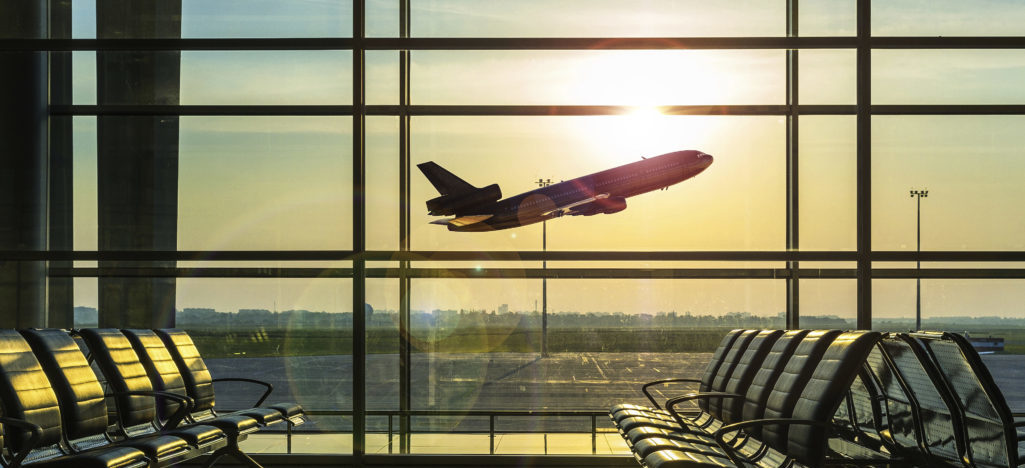Since the outbreak of COVID-19, the federal government, public health authorities, and those involved in the aviation industry have responded to health concerns in an effort to support safe air travel. Over time, as the skies have opened up, measures have been taken to reduce the spread of the virus and protect both the travelling public and those who provide air travel. On September 15, 2020, the Minister of Transport issued Interim Order No. 8, providing the latest requirements for civil aviation due to COVID-19.
Under this order, air carriers operating a flight within Canada or to Canada from any other country must notify the passenger that they may be subject to certain measures to prevent the spread of COVID-19. Before boarding an aircraft, all passengers must confirm that they are aware that they may be subject to such measures and if they do not, the air carrier must not permit the passenger to board the aircraft.
The interim order requires all air carriers to conduct a health check by asking every passenger before boarding whether they have:
- A fever;
- A cough;
- Breathing difficulties;
- COVID-19, or suspect that they have it;
- Not been permitted to board an aircraft in the previous 14 days for medical reasons relating to COVID-19; or
- been the subject of a mandatory quarantine order.
An air carrier must notify every passenger that they may not be permitted to board the aircraft if they answer “yes” to this health check and that they must provide answers which are neither false nor misleading. Passengers must answer all the questions truthfully. Failure to do so may result in a fine not exceeding $5,000.
In addition to the health check, air carriers must observe whether any passengers are exhibiting any symptoms of a fever, cough, and/or breathing difficulties during the boarding process. They must not permit any passenger to board an aircraft if they are observed to have any of these symptoms or have answered “yes” to the health check questions.
Under the latest interim order, air carriers operating flights into Canada must conduct temperature screening of all passengers other than infants or those who provide a medical certificate certifying that any elevated temperature is not related to COVID-19. If the first temperature screening indicates an elevated temperature, the air carrier must conduct a second test and notify passengers that they may be banned from travel on a flight to Canada for 14 days if the second test confirms the elevated temperature unless they provide a medical certificate certifying that the elevated temperature is not related to COVID-19. If the second test confirms the elevated temperature or if the passenger refuses to undergo temperature screening, the carrier must not permit the person to board the aircraft.
The interim order requires that the equipment used to conduct temperature screening is properly calibrated and maintained. Further, those that conduct screenings are required to receive training to operate the equipment and interpret the data. Records are to be kept by the carrier of any passengers who are refused boarding. They are also required to maintain records relating to the maintenance and calibration of the equipment and training of personnel.
For flights operating within Canada, the obligation to conduct temperature screening falls upon the screening authority (CATSA). Every person entering the restricted area inside an air terminal building must do so at a screening checkpoint. The screening authority must conduct temperature screening and if the initial reading indicates an elevated temperature, a second test is to be done after a 10 minute rest period. The air carrier must notify all passengers that they may be subject to a travel ban of 14 days if the second temperature screening confirms an elevated temperature and passengers must verify that they are aware of the potential travel ban.
If the second test confirms an elevated temperature, the screening authority must deny entry into the restricted area and notify the passenger that they are prohibited from flying for 14 days unless they provide a medical certificate. The screening authority must also notify the air carrier operating the flight. The air carrier then must ensure that the passenger is directed to a location where they can retrieve their checked baggage.
In addition to health checks, observations and temperature screening, air carriers must now notify all passengers that they are required to have a face mask prior to boarding. Face masks must be worn at all times while boarding and during the flight, if passengers are less than 2 meters from another passenger unless that passenger is from the same household. Other exceptions are if the person is drinking, eating, or taking medication, if their safety is in danger by wearing a mask or when a gate agent or crew member authorizes the removal, such as when verifying identity during boarding. Upon arrival, masks are to be worn from the moment the aircraft doors are opened until the person enters the terminal building and is physically distanced. The requirement to wear face masks does not apply to infants, those passengers who may be unable to remove their face mask without assistance, or those who provide a medical certificate confirming that they are unable to wear a mask for medical reasons.
The interim order requires all passengers to comply with any instructions given by a gate agent or crew member. If a passenger does not have a face mask or refuses to comply with instructions, the carrier must not permit the passenger to board the aircraft. If the passenger refuses to comply with instructions, the carrier is to keep a record of the circumstances relating to the refusal, including the date and flight no., passenger name, and seat number. The carrier must provide this information to the Minister of Transport. Failure of a passenger to comply with these requirements may result in a fine not exceeding $5,000.
Transport Canada’s flight plan for navigating COVID-19 continues to evolve. Check back for new developments in safety measures being implemented to promote the health and safety of everyone involved in the aviation industry.




